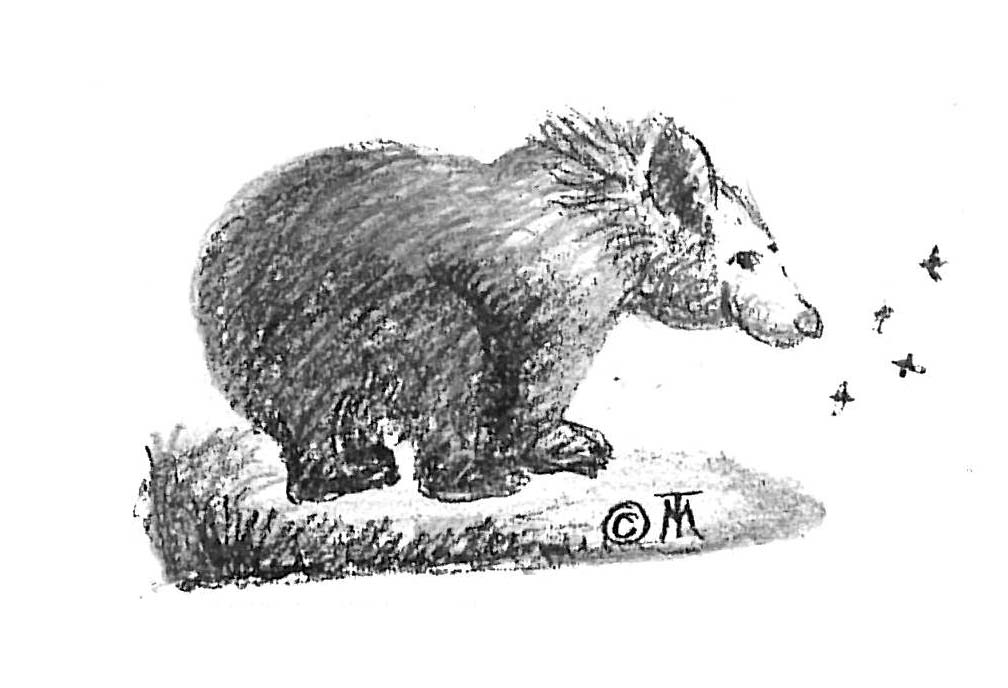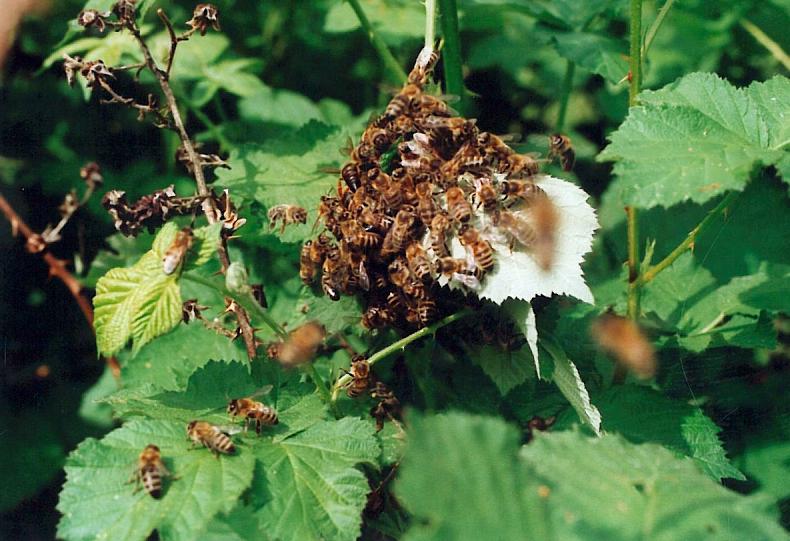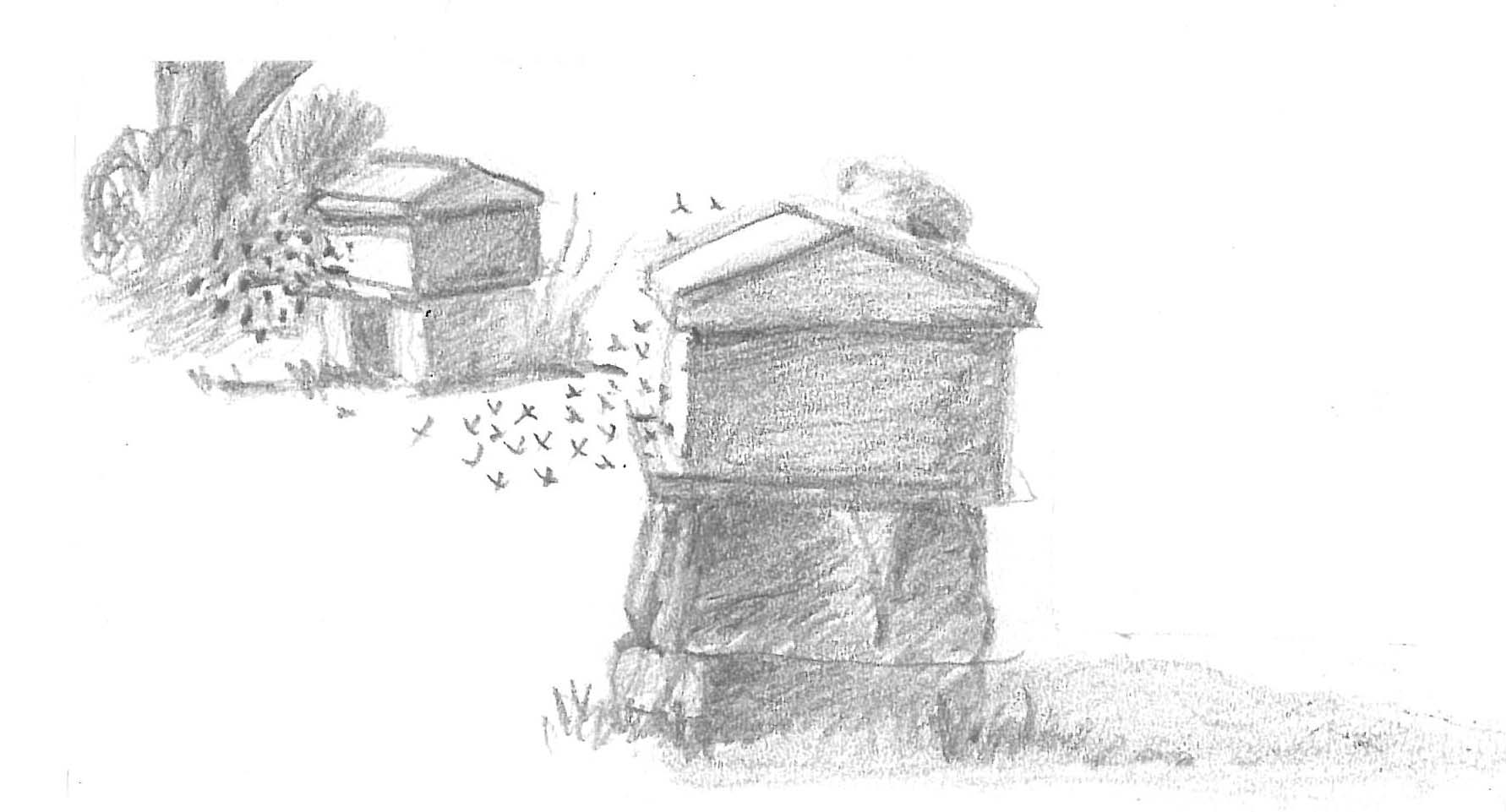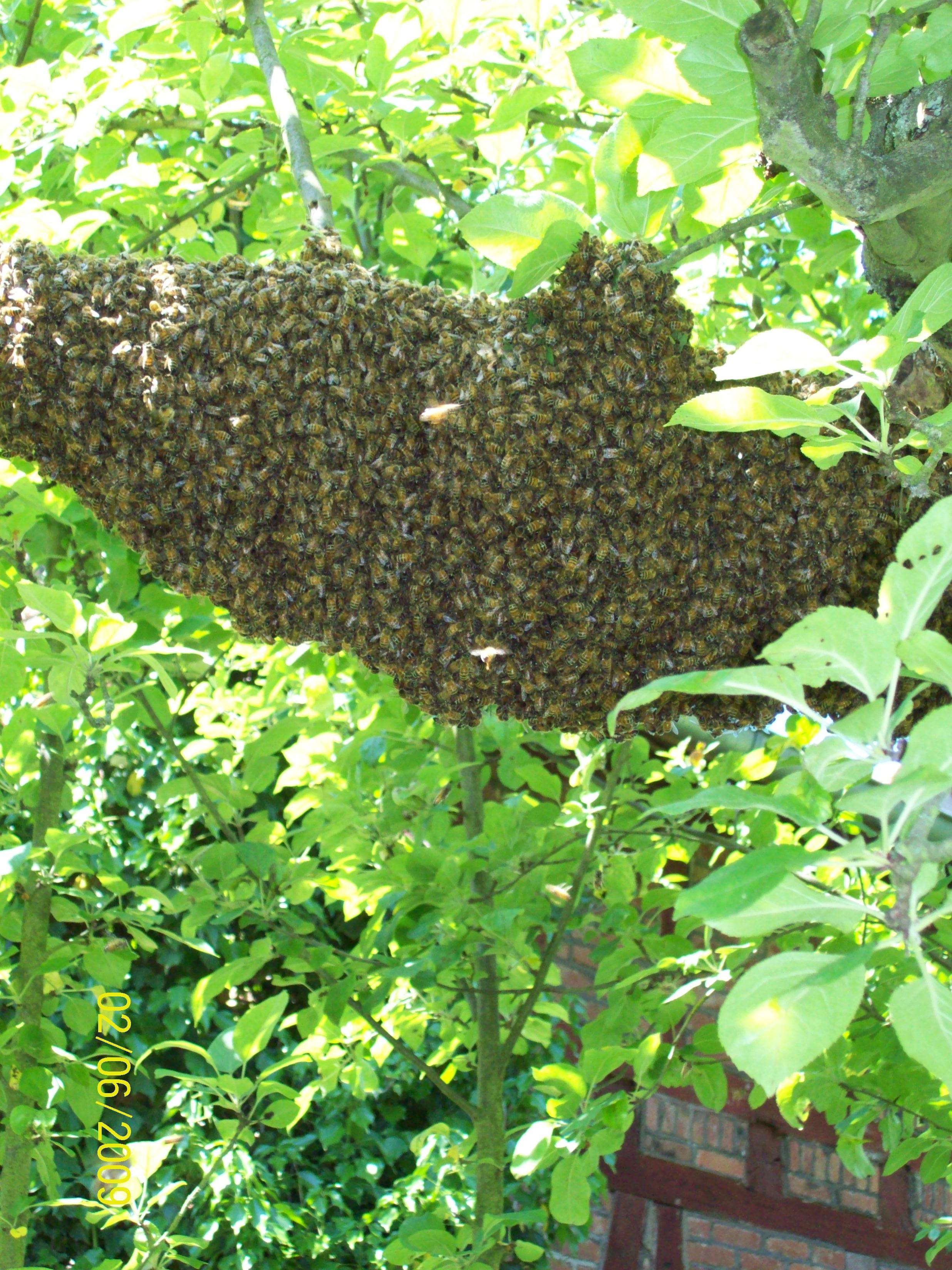



Sign
up for bee-therapy | Beauty-cure
| Anti-aging
| Infertility
| Cancer
of the breast | Hashimoto-Thyreoiditis
|
Crohn's disease
Rheumatism
| Juvenile idiopathic
arthritis | Heart
diseases | Arteriosklerosis
| MS |
Diabetes
| Neurodermitis
| Obesity |
Depression
and Psychosis
Allergies
| Alzheimer
/ Parkinson | Diseases
of the kidneys | Pancreas
| how
to improve fitness of the body
Propolis
| Beeswax | Royal
Jelly | Organic Honey
| Comb in the Comb
| Raw Honey | Organic
Beekeeping Basic Course
Expertise
| Courses | Home
| Research | Save
Beecolonies-Bienenpatenschaft | Certification
| Training
Apitherapy
Api
Review Letters / Science Review Letters
Akademie
der Kunst und Philosophie / Academy of Arts and Philosophy
Save
the Bees, Bumblebees and Beecolonies
Zentrum
fuer wesensgemaesse Bienenhaltung
Centre
for Ecological Apiculture
Forschungszentrum
Bienentherapie / Natural Apitherapy Research Centre
Beetherapy
/ Academy of Sciences
DI.
M. Thiele, President and international Coordinator
With "La Miel de las Abejas"
Pablo E. Llona García
Miro supplied a first class book
("La Miel de las Abejas" by Pablo E. Llona
García Miro, more than 50 colour photos, first edition 2003.)
Again
it is just published out a nice and appealingly book on honey and bees,
whose posy could be termed: The bees live in harmony with nature.
The author confess, working with the bee
colonies and their honey be an activity, which simply invites oneself to
work also in harmony with nature: „... el trabajo con las colonias de abejas
y su miel una actividad apassionante en armonia con la Naturaleza" (1).
Pablo E. Llona García Miro is an
expert bee keeper and successful graduate of the First
Certificate*; his texts are inspired for example by Maurice Maeterlinck
(1862-1949), who obtained 1911 the nobel award for literature. The author
writes, that his studies at the Virtual Global Academy, the book „ La Vida
de las Abejas " of Maurice Maeterlinck and his observations regarding the
bee colonies have contributed thereto to form his philosophy, to work as
a bee keeper and develope respect concerning the character of the bees
and their honey.
„ Estudios a través del Concilio
Alemán de Apicultura Orgánica Thiele und Thiele Consult,
el libro „ La Vida de las Abejas " de Maurice Maeterlinck , mi dedicación
a observar colonias de abejas en el campo en estado silvestre, su etorno
y flora circundante y las propiedades de la miel de abejas en panal, han
contribuido a formar mi filosofia de trabajo apicola, cuya escencia radica
en el respeto a la natualeza de las abejas y su miel" (2).
Besides excellent photos (over 50 colour
photos), the book contains words on the history of the apiary, the life
of the bee, pollination, beeswax, detailed statements on honey and how
one presents it to the consumers - and what is so special regarding the
honeycombs honey. The honeycombs* honey (in naturally build combs) is namely
the only honey, which keeps his typical aroma, his colour, his flavoring
and his components at the longest and therefore became eulogized in the
antiquity as a medicine.
„ La miel en panal virgin, debidamente
almacenada, conserva inalteradas -por un tiempo prolongado- sus propiedades
organolépticas (sabor, color y aroma que varían según
la fuente floral y zona geographica de origin), nutritivas y terapéuticas
originarias, más de una reconocida ya desde antiguas civilizaciones.
El célebre médico y filosofia persa Avicena, hace más
de mil anos, en su libro ‘Canon de la medicina’, ya recomendaba la miel
en panal" (3).
Even a very important chapter on honey
falsification isn’t missing („ Degradacíon, adulteracíon
Y contaminacíon de la miel"). Here the consumers get informed about
the many and tricky techniques used for falsification of honey, like for
example ultrafiltration - a technology, which is permitted since August
2003 in the EU and by which typical components of the honey get can filtered
out (see certification courses #03 and #31).
This chapter is followed by one on Apitherapy
according to the book on Apitherapy by Oswaldo Socorro Abreu und
M. Carmen Espinar Moreno for the colegio oficial de farmacéuticos
de Granada, Espana (4).
And naturally one chapter on working with
the bees, as well as one on certification. In the latter is discussed particularly
the „organic rule" , regulation (EC) 2092/91** and pointed out the insufficiencies.
- We have manifold viewed in articles
and analyses, how ineligible this regulation
actually is referring to bee keeping; over that can also not obscure the
distinction of the German Bio - seal as „Label of the Month " ( 5).
Briefly: Though there are existing by this
many books on honey and bees, Pablo E. Llona García Miro has supplied
a first class book, which searches its equals. At least for the spanish
speaking part of the world this book is a „must ".
2003 October 21
T+T Consult
_____________
*) He is not yet
a certified beekeeper of the centre for ecological Apiculture
More Information:
Full version in: Apiculture
2
(3)
2003

